Types of tax
When you become Limited, there are a number of types of tax you’ll need to be aware of. Unlike when you’re an employee and your employer takes care of all the ‘nitty gritty’ numbers behind the scenes, when you’re the director of a Limited Company it’s up to you to understand your responsibilities.
This blog will cover the following types of tax:
Corporation Tax
VAT
Employer’s National Insurance (NI)
Employee’s National Insurance
Income tax
Dividend tax
Capital Gains Tax
Corporation Tax
As a Limited Company, you must pay tax on your annual profits, which is calculated like so:
19% on profits up to £50,000
26.5% effective marginal rate on profits between £50,000 to £250,000
25% on profits over £250,000
You’ll need to file a Corporation Tax Return with HMRC annually. The return is known as a Form CT600, and is submitted online. Your previous year’s tax is due for payment nine months and one day after your company’s year end.
If you use an accountant they will be able to do this on your behalf.
VAT
You have to be VAT registered if your VAT taxable turnover is greater than £85,000, which is the current VAT threshold amount. You must also register for VAT if your turnover exceeds this threshold in the next 30 days. If you fall below those thresholds, then it’s up to you if you want to be VAT registered or not.
If you do enlist the services of an accountant it’s worth having a chat with them about your circumstances and how much you think you’ll be turning over, to help you understand whether it’s more beneficial to be registered for VAT on the standard rate scheme, or on the Flat Rate Scheme (FRS). The % you’ll pay using the FRS will depend on the industry your trade falls within and the amount of your direct costs over a certain period. It’s worth discussing this with your accountant to understand which scheme is the best option for you.
Employer’s National Insurance (NI)
If you employ staff, as a Limited Company you’ll be liable to pay Class 1 National Insurance Contributions (NICs) on your employee’s salaries. This will be at a rate of 13.8% over £9,096 per annum. You’ll also be liable to pay Class 1A and 1B National Insurance on expenses and benefits you give to your employees at the same rate.
Employee’s National Insurance
As an employee of your Limited Company, you’re liable to pay Class 1 NICs on your earnings, which is calculated like so:
12% on earnings between £12,570 and £50,270
2% on earnings over £50,270
Income tax
Every person must also pay income tax, or pay as you earn tax (PAYE). The current standard tax-free Personal Allowance for the current tax year (2023/24) is £12,570, then the following tax bands apply for amounts exceeding this limit:
Taxable income up to £12,570 at a rate of 0%
Basic rate between £12,570 to £50,270 at a rate of 20%
Higher rate between £50,270 to £125,140 at a rate of 40%
Additional rate over £125,140 at a rate of 45%
There is no Personal Allowance on taxable income which exceeds £125,140
Dividend tax
For tax purposes, most Limited Company directors pay themselves a small salary, then ‘top it up’ in the form of dividends. You’re able to draw the first £1,000 of dividends at 0% tax, then the following tax bands apply:
Basic rate taxed at 8.75%
Higher rate taxed at 33.75%
Additional rate taxed at 39.35%
The tax you must pay on your dividends is due during your annual self-assessment.
Capital Gains Tax
This is a tax you pay on anything you sell which has increased in value from the initial point of purchase. So it’s a tax on the gain you make and not the total amount you receive. This tax applies to the following:
Most personal possessions with a value greater than £6,000 (not including your car)
Any property which isn’t your main residential address
If you let your main home out, use it for business or it is particularly large
Shares which aren’t an ISA or PEP
Any business assets
These are all known as ‘chargeable assets’. If you sell or give away any crypto assets, such as cryptocurrency or bitcoin, then you must check whether you need to pay Capital Gain Tax. Your appointed accountant will be able to advise you on this.
You only need to pay Capital Gains Tax over the annual allowance limit, which for the tax year 2023/24 is £6,000.
Don’t let tax become taxing!
Tax is difficult to get your head around, and it’s easy to make small mistakes that can have huge repercussions. Accountants deal with tax day in and day out, and are able to offer specialist advice and support on all things tax related, to keep you on the right side of the taxman. Find a specialist today that knows your industry like the back of their hand, and can guide you through the world of Limited Company tax.
You can find out more about The Affinity Group here, or on Facebook, LinkedIn and Instagram.


